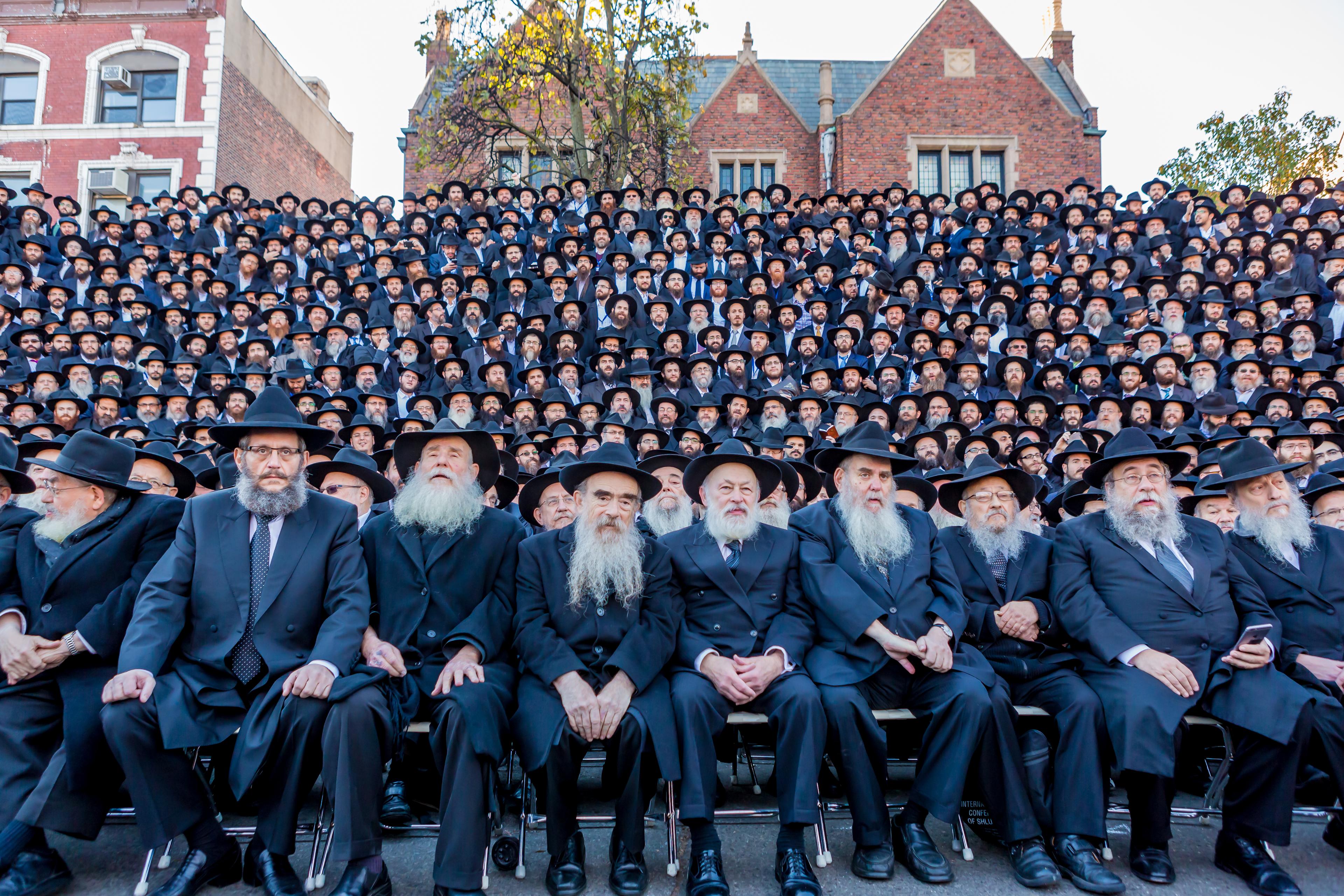Assaulted for being Jewish
Chabad emissaries: "It's hard to walk down the street these days"
Rabbis report hostility and fear as visible Jewish symbols draw targeted harassment.

The tragic kidnapping and murder of Rabbi Zvi Kogan, a Chabad emissary in Dubai, has heightened security measures at Chabad centers worldwide, as emissaries prepare for potential attacks. However, the fears and incidents of antisemitism they face stretch far beyond this devastating event.
Chabad's global network of approximately 6,000 emissaries, inspired by the Lubavitcher Rebbe’s vision, has been a beacon of Jewish identity and support since its inception after World War II. This mission to revive and strengthen Jewish communities has placed many emissaries on the frontlines of a troubling rise in antisemitism.
In the Netherlands, Rabbi Binyomin Jacobs, chief rabbi and longtime Chabad emissary, describes a sharp escalation in hostility since Hamas’ October 7 attack on Israel. “Just days ago, someone threw a rock at my house,” he shares. “Every time I leave, people shout ‘Free Palestine’ and other remarks. Police have been stationed outside my home due to constant threats.”
Rabbi David Liberson in Barcelona echoes these concerns. “Spain’s political stance on a Palestinian state has fueled pro-Palestinian graffiti and accusations against Israel,” he explains. “The tension has become unbearable, with rhetoric that accuses Israel of horrific crimes. Security has been significantly increased at Chabad centers, synagogues, and schools to prepare for potential threats.”
In Berlin, Rabbi Yehuda Teichtal, a 30-year Chabad emissary, notes a dramatic shift in the city’s atmosphere. “Berlin’s Jewish population has grown from 9,000 to 50,000, creating a vibrant community, but also heightened tensions due to large pro-Palestinian demonstrations,” he says. Rabbi Teichtal has faced physical violence, spitting, and insults for visibly displaying Jewish symbols.
“These incidents have become so frequent that they prompted Germany’s president to visit my home after one attack,” he adds. “Today, wearing a Star of David in public feels like an invitation for threats or violence.”
* Ynet contributed to this article.